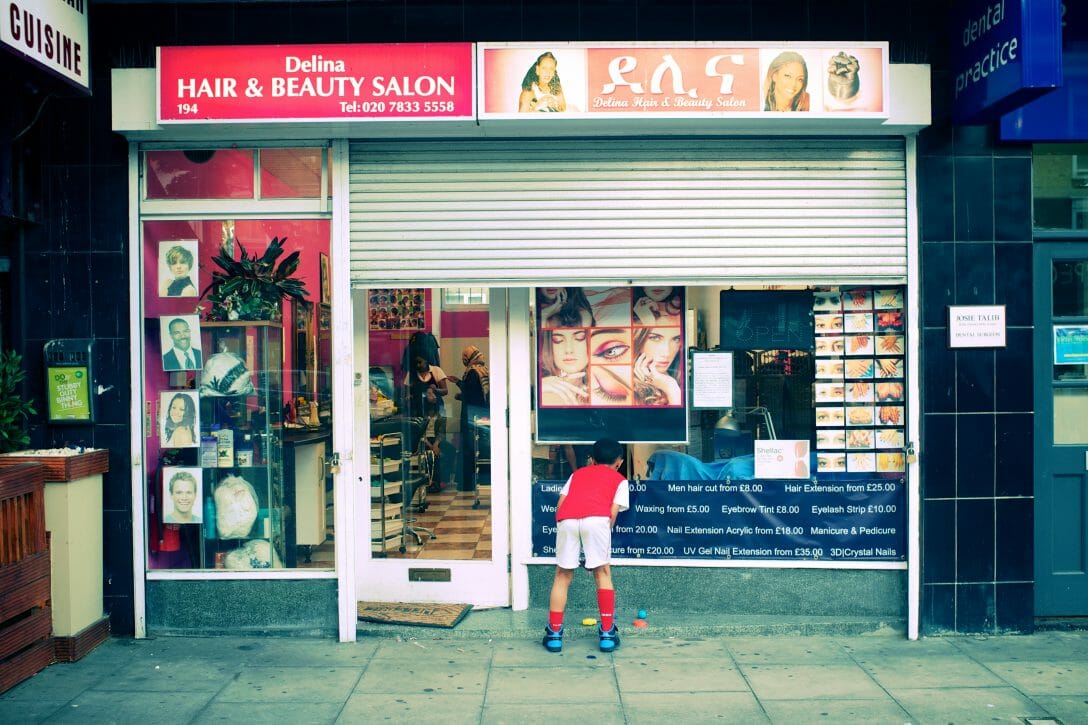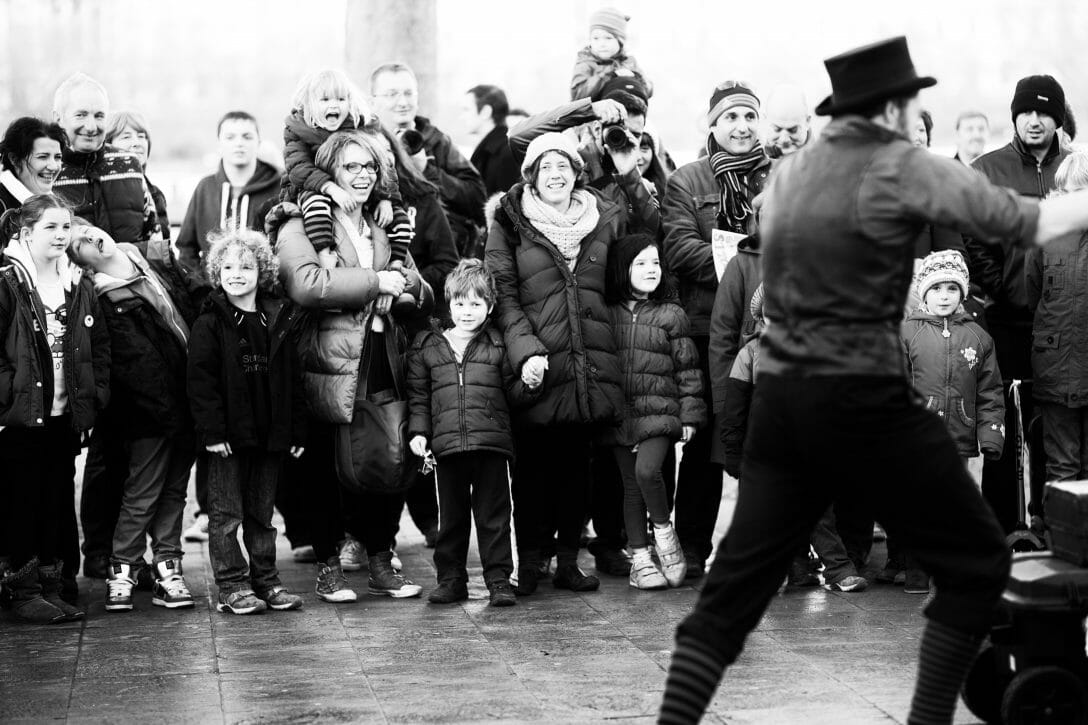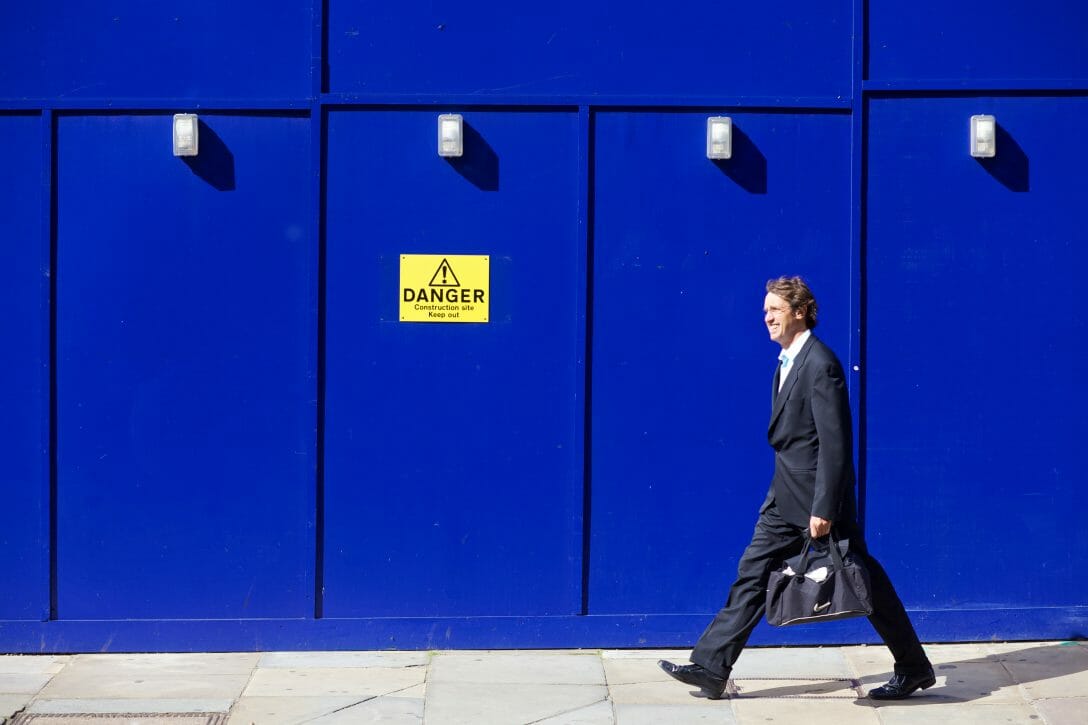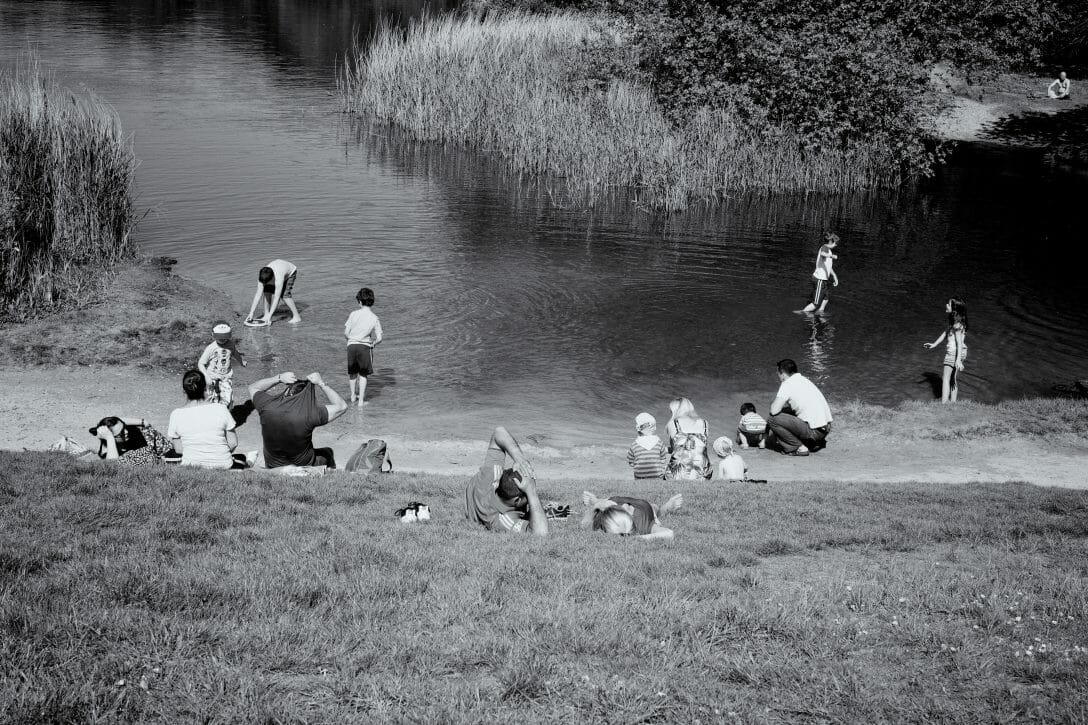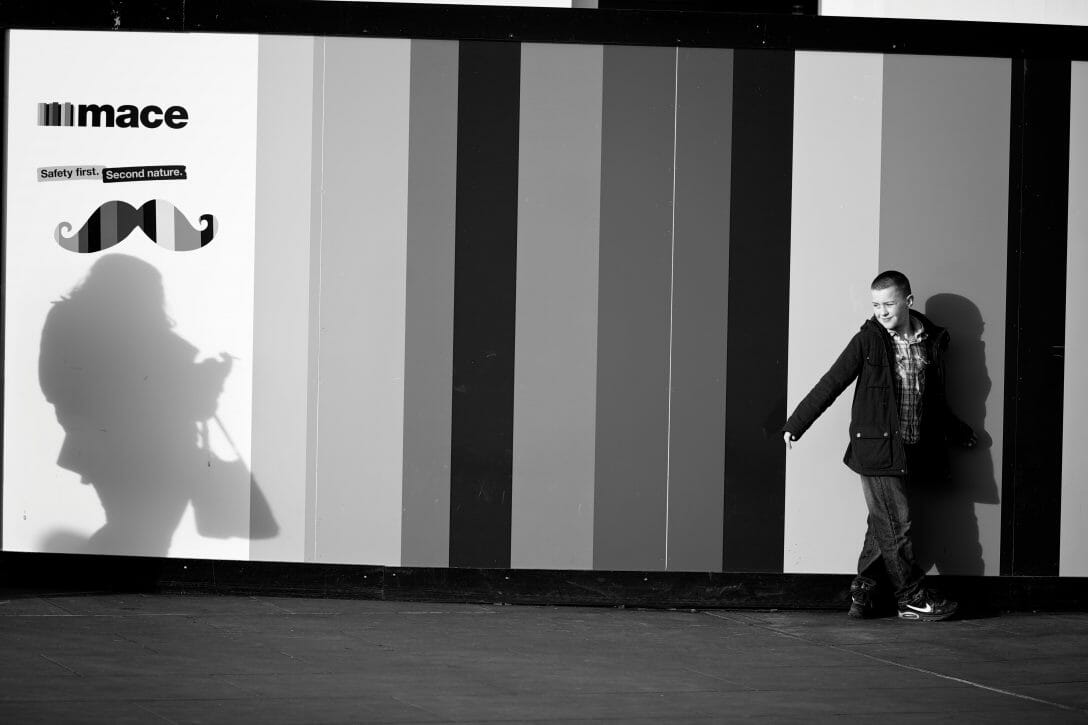A long time ago, I was at Living TV when they held an open audition for psychic mediums. More specifically to find one psychic medium who would be the star of a new show. The queue was very long and there were hundreds of applicants. What was striking was the confidence that each of them had that they would be chosen. Given that predicting the future is what psychic mediums are supposed to be able to do, it kind of made sense.
Now what struck me was that most of them would turn out to have made the wrong prediction. They’d foreseen that they’d get the job but instead someone else would. Clearly a sign that they weren’t such good psychics.
But one of them would be vindicated by virtue of winning the role, which would show that their powers of prediction where accurate. In a 500-1 gamble they alone had got it right. Which would be the proof that the selection process had worked, Living TV had found a medium who could see into the future . . .



